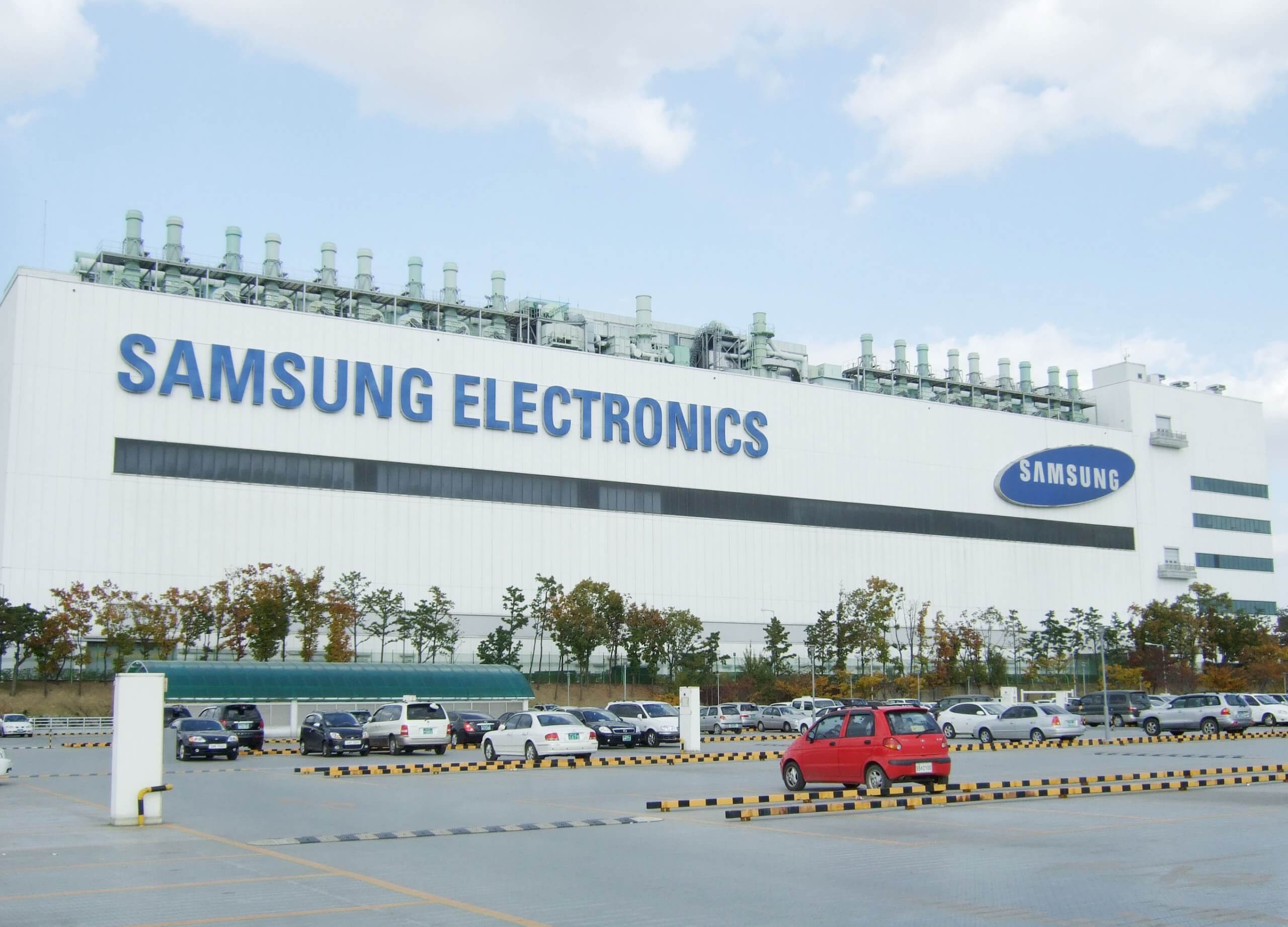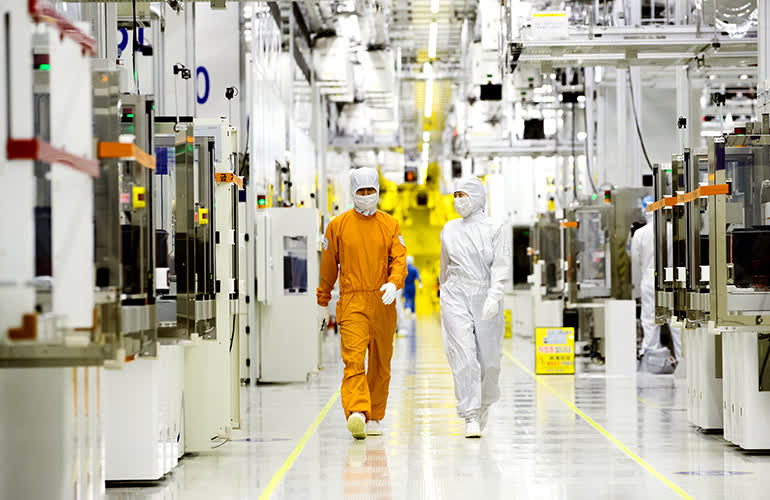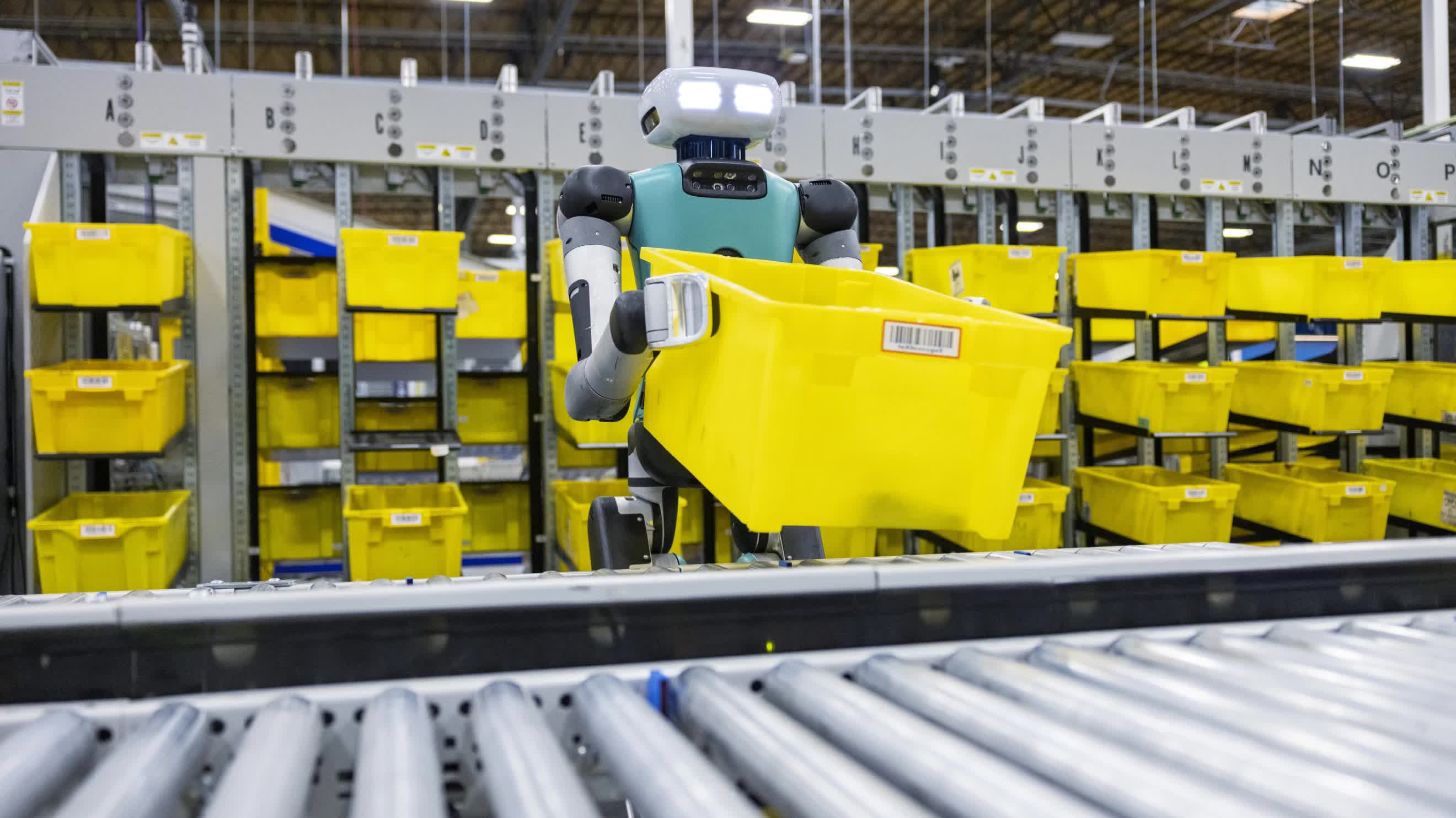A hot potato: In a rare story about a company that isn't Amazon pushing to replace its human workers with machines, Samsung is reportedly planning to make all its fabs fully automated within the next six years. The Korean giant has already begun development of a system that will lead to human-free facilities, according to a new report.
Samsung Electronics has developed a proprietary Smart Sensing System to increase chip yield and improve production. It is used for semiconductor process control and management, writes ET News (via DigiTimes).
The smart sensor will measure plasma uniformity for wafers, which influences the performance of processes such as etching, deposition, and cleaning.

The sensor is said to be tiny; allowing it to be added to the fabs without significantly affecting the existing space. It's also designed and manufactured in South Korea - these sorts of technologies are usually provided by foreign companies.
This might all sound great for Samsung the company, but the report states it is part of a grander plan for its so-called artificial intelligence fab: fully automated plants that don't require human workers.
Concerns that AI and automation will eliminate more jobs are exacerbated by reports of companies looking to do just that. In most cases, at least a handful of humans are required to oversee the systems and repair anything that goes wrong. But Samsung Electronics has assembly plants and sales networks in 74 countries and employs more than 270,000 people, so a new technology that can automate more tasks could potentially cause a huge number layoffs.
Amazon is leading the way when it comes to warehouse automation. In October, it announced two more types of machine would be joining the facilities to "help" humans: Sequoia, a Roomba-like machine designed to identify and store inventory and reduce order processing time; and Digit, a 5-foot 9-inch 143-pound robot that's very human-like in its abilities. Maker Agility Robotics' CEO later said its machines won't replace humans, though he might have meant to say they won't replace all humans – just most of them.
With Elon Musk recently predicting that AI and automation will lead to the end of all human employment, one has to wonder how all us jobless humans will be able to afford all these automatically produced goods.

